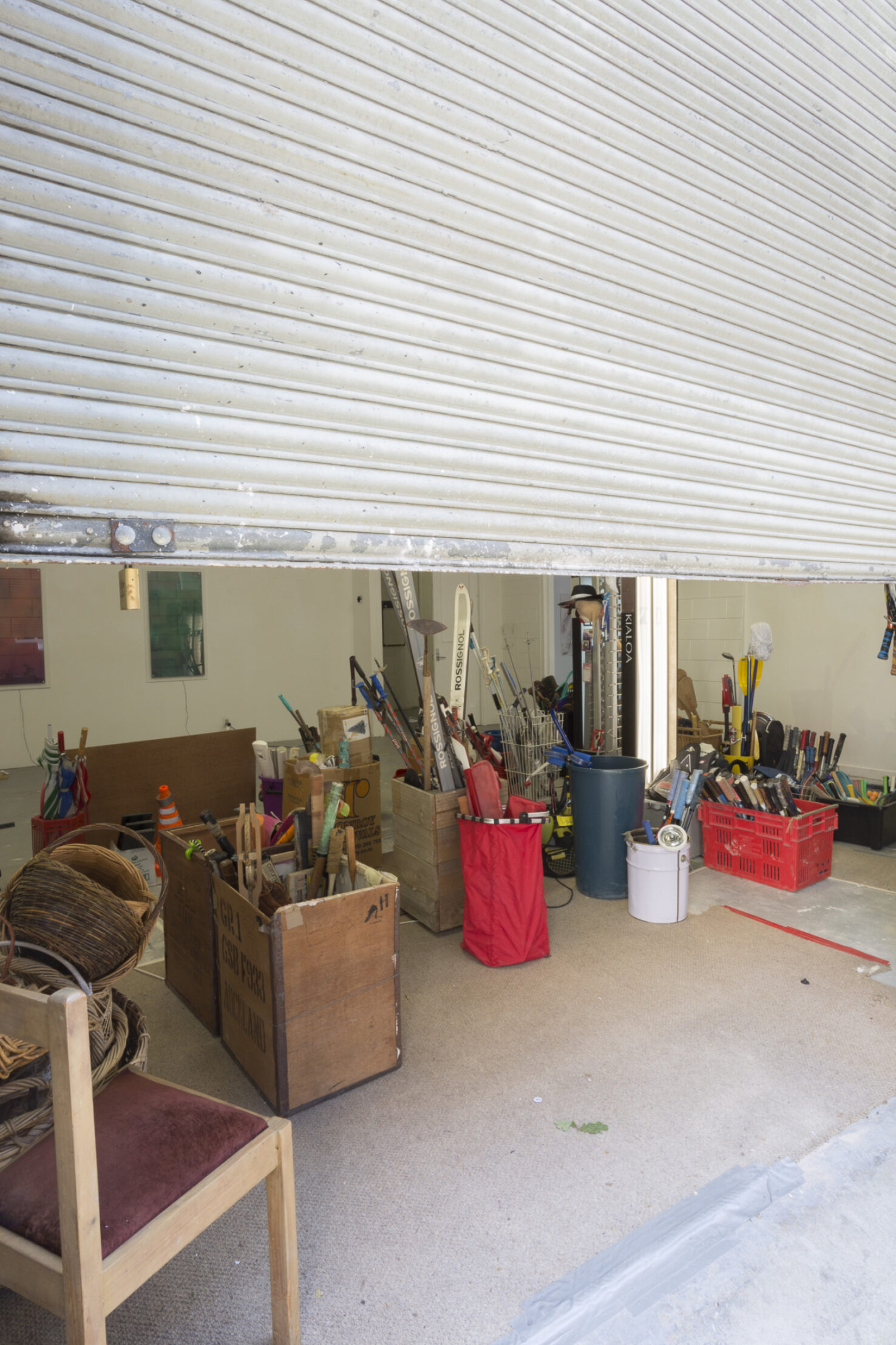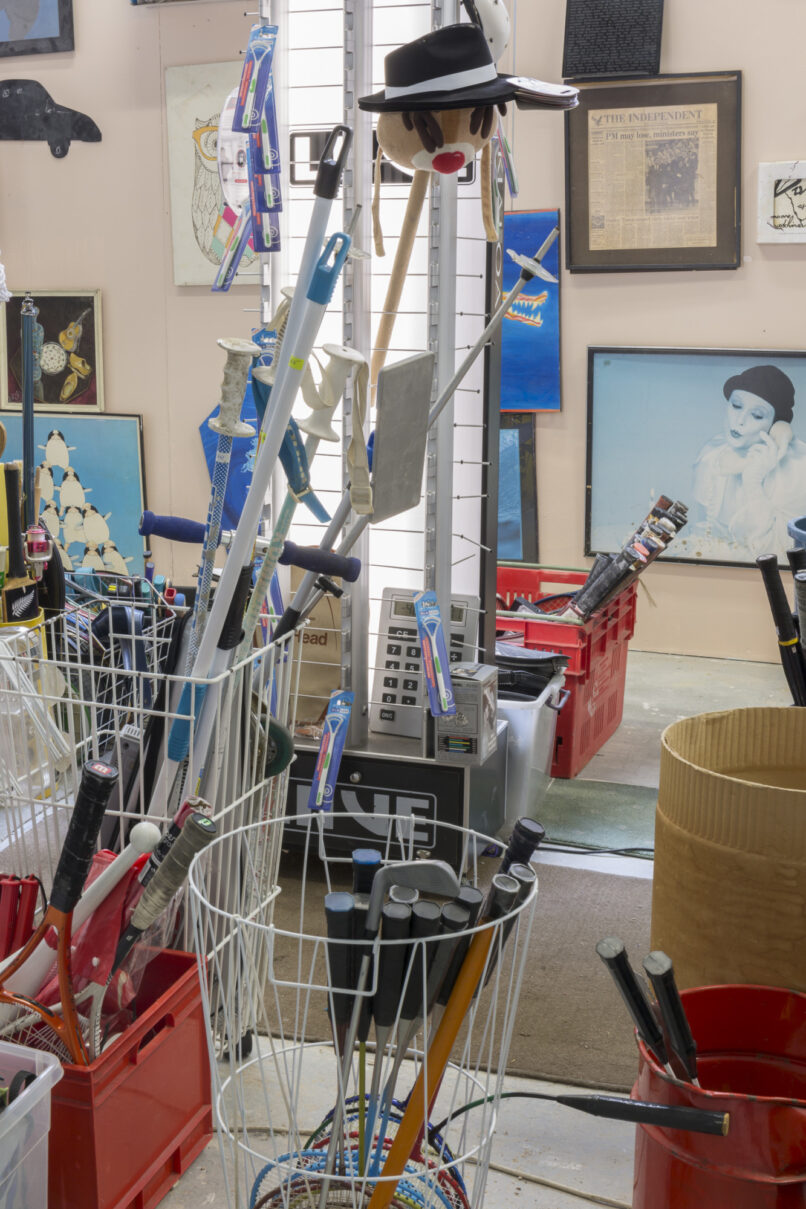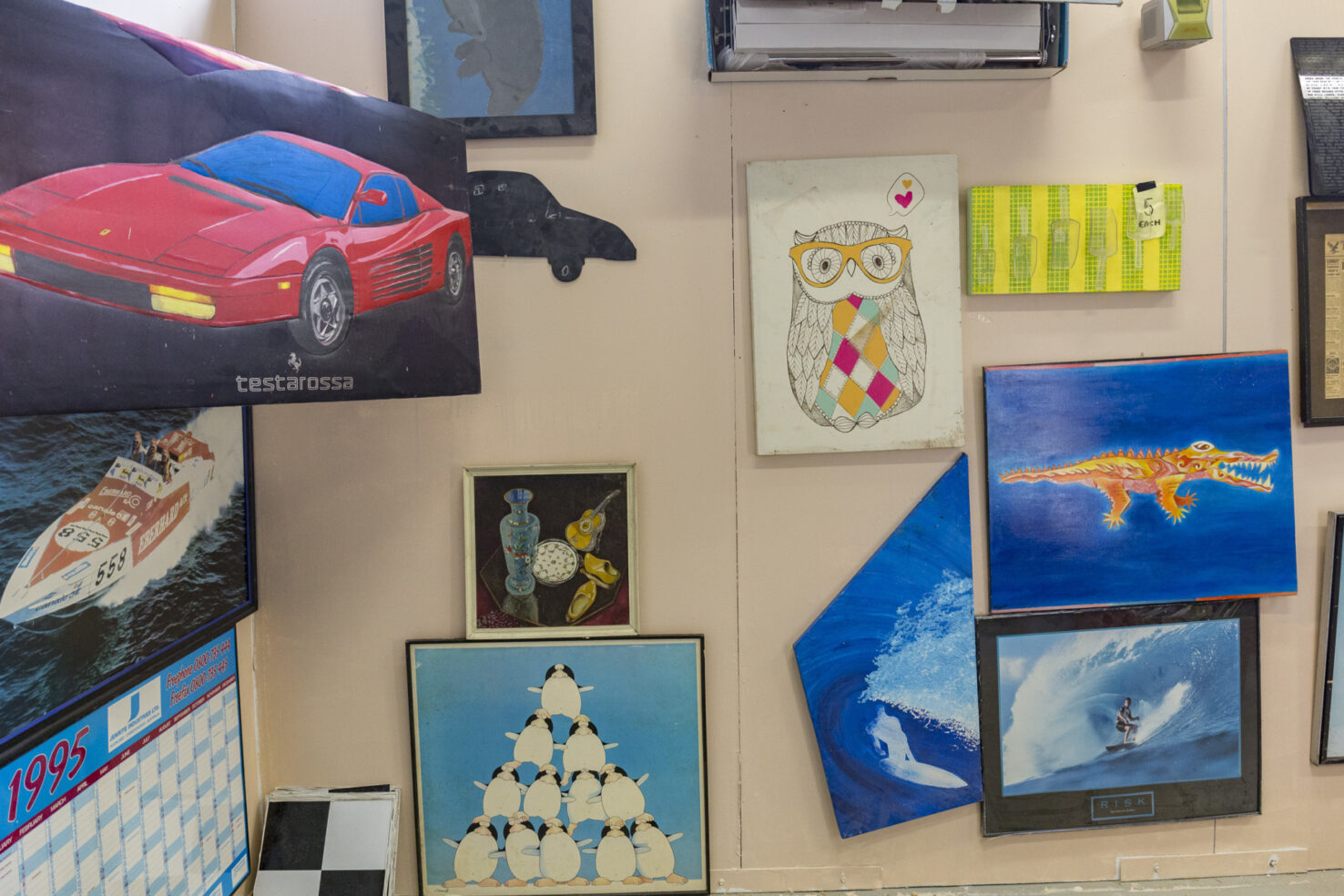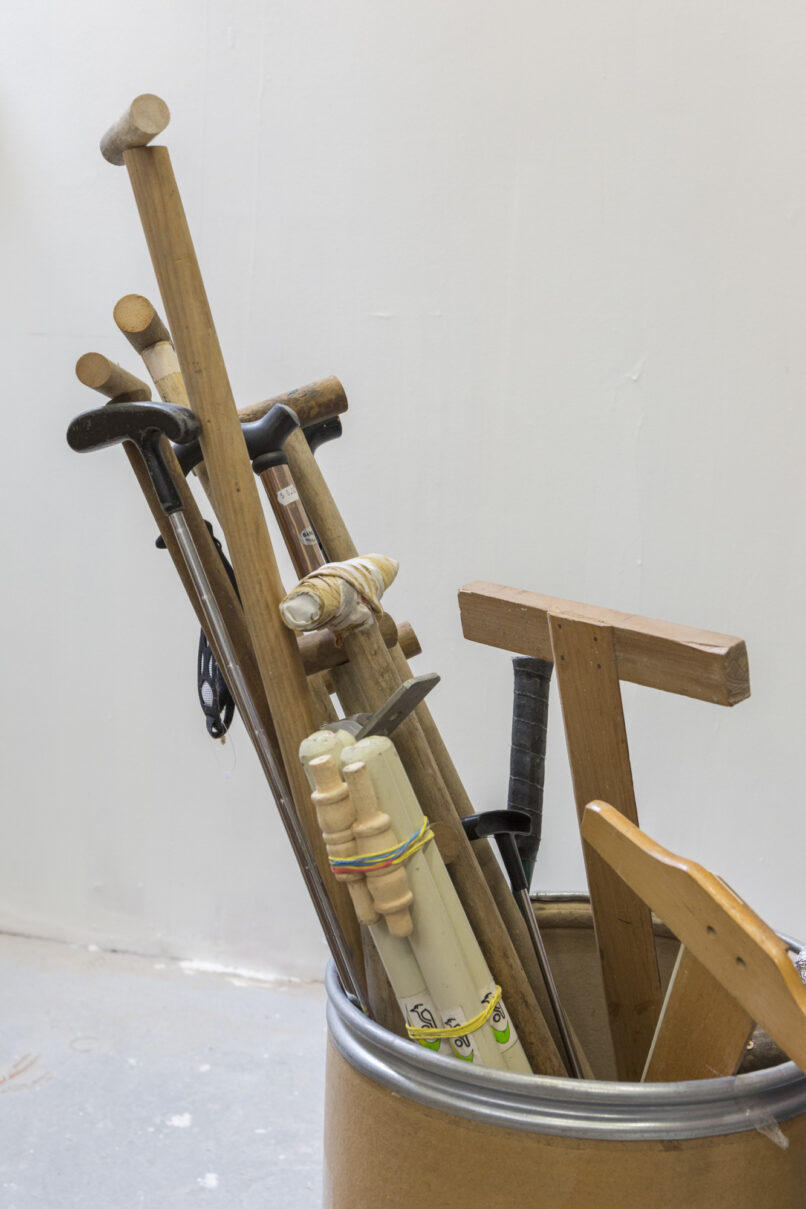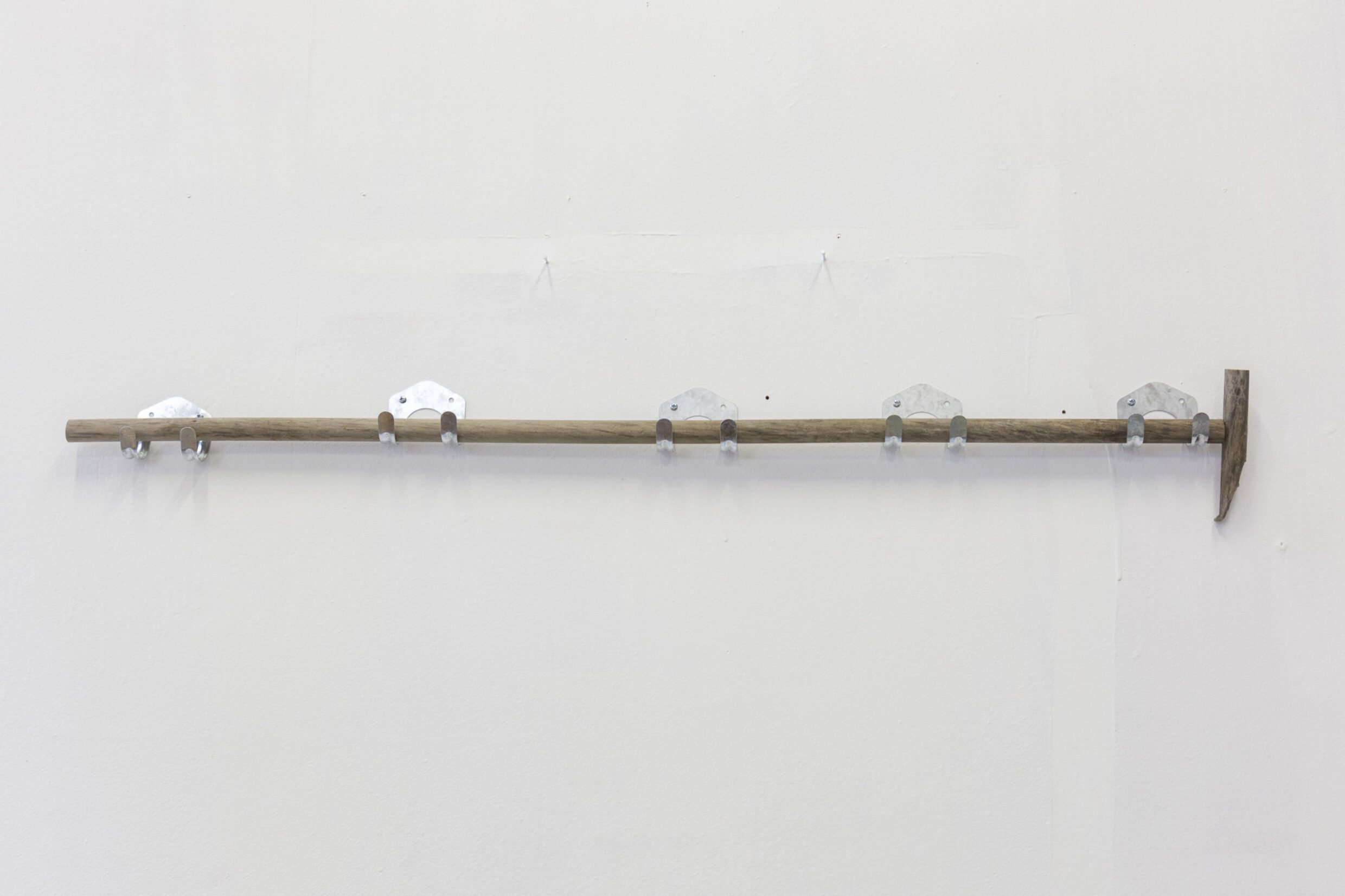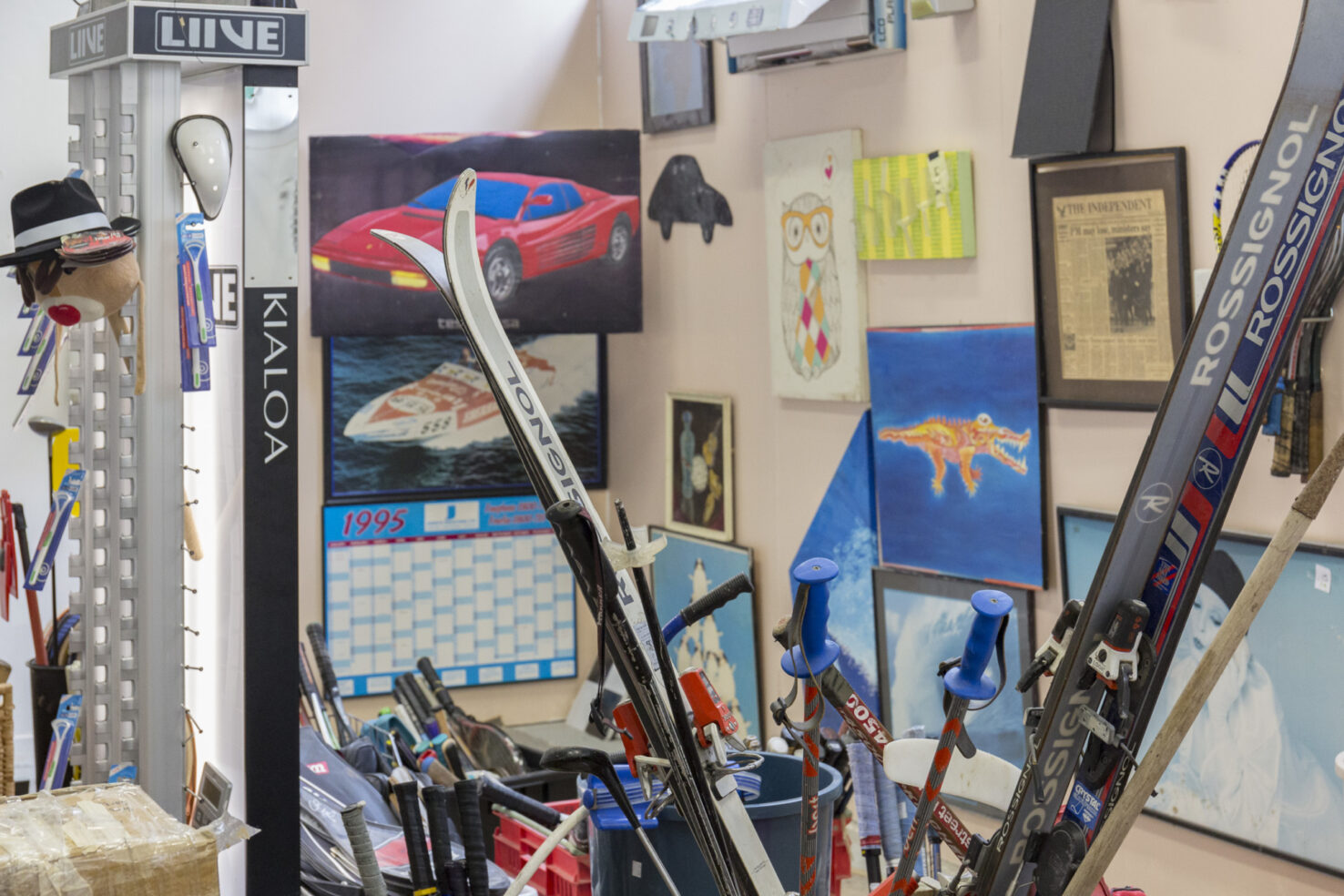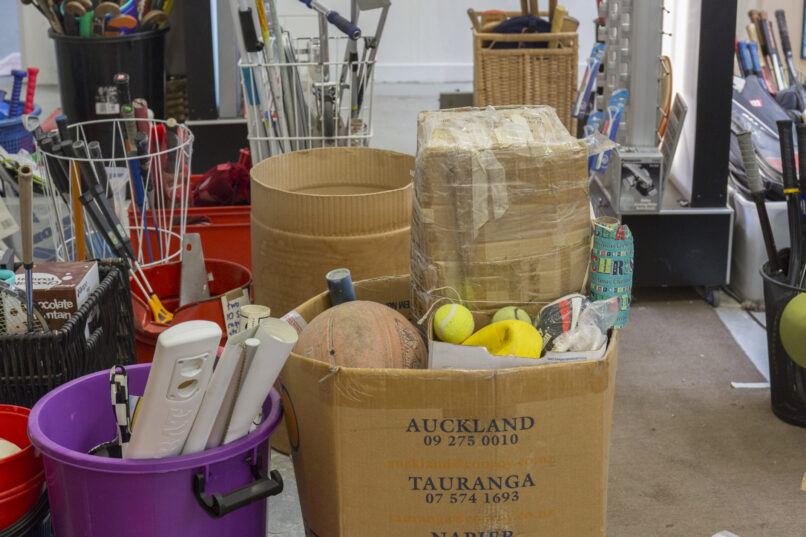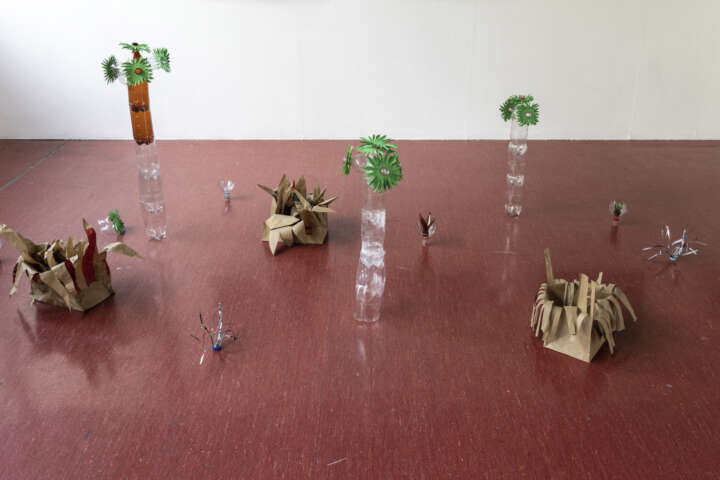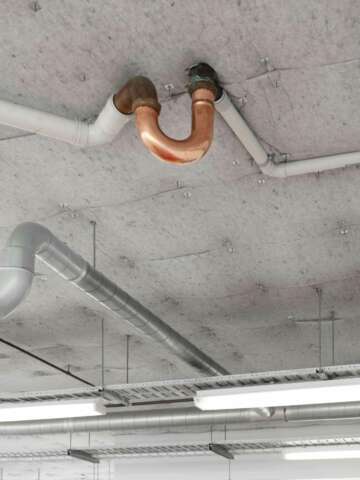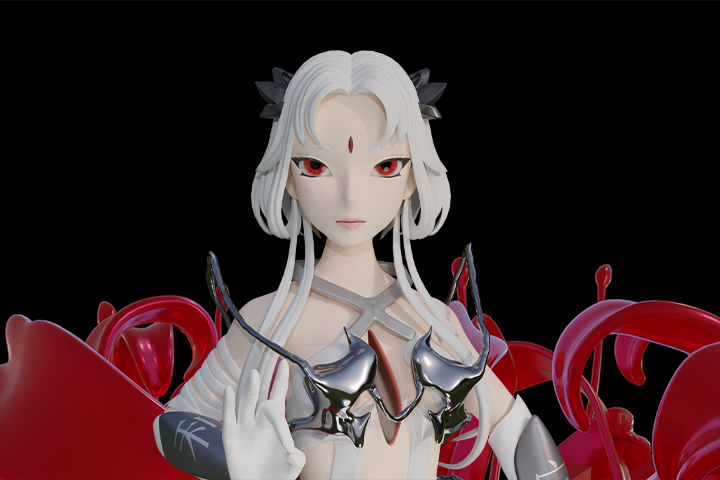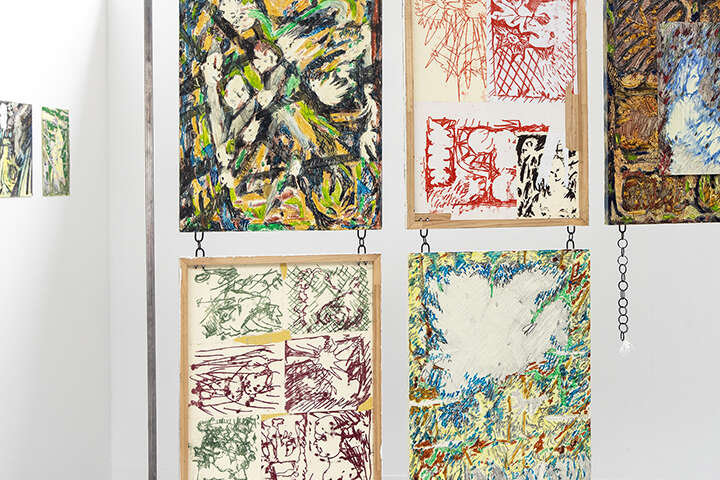Joshua Freeth
Dream Machine
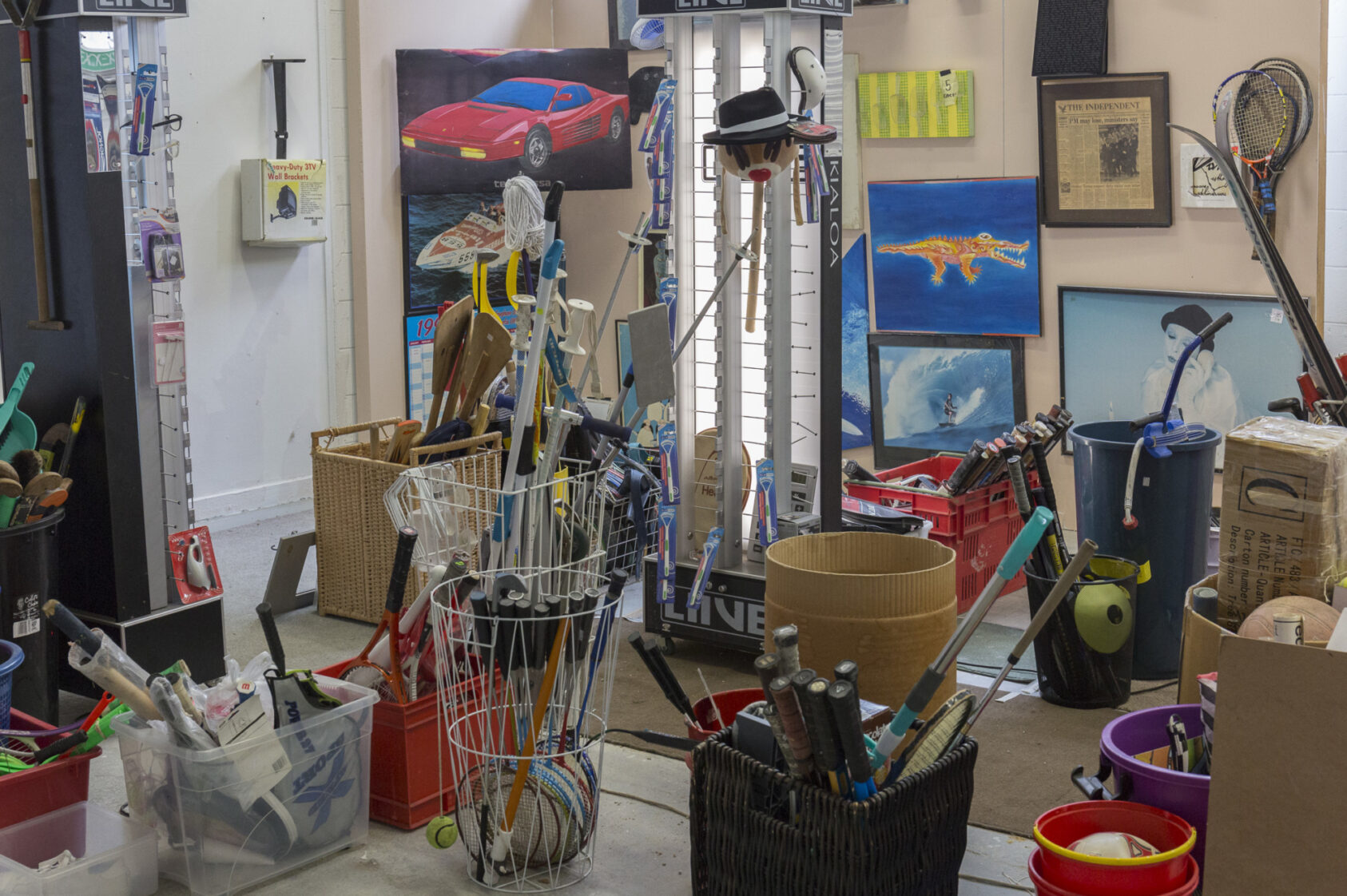
Systems of looking at things (managing). Processes in living, sectioning and ordering. The feeling of chaos. Chaos and the unknown system or pattern. Understanding the world through categories and compartmentalising of things into categories. Rules for chaos. The function of things. The framing of things. The need for order. The need for understanding. The arrangement of things due to a pattern (implicit rules about what to do in certain situations). A command or rule. Categories. Togs, togs, togs, undies. Frameworks for finding specific and varying objects. Sequences. Hierarchy (material, size). Applying systems or logics from one category to another. The dream machine.
I began this project fascinated by the residues of objects found in second hand stores. Old display apparatuses or 1980s designs for computer gear – some of these have become, today at least, quaint or even incomprehensible. The rapid turnover of such items into a near-archeological ‘find’ had a charge for me, but I did not think it my task to perform the excavation of their traces or histories. Rather, I found myself attracted to the objects as groupings: the manner of their accumulation and dispersal; their thing-ness. The mindset of the people who arrange all these things.
Using the Opportunity Shop as a site containing ‘found’ logics of both matter and installation, ‘Dream Machine’ looks into the agency and the nature of objects: things, stuff, and their possible meanings en masse. This installation attempts to create a constellation of objects that utilise the inherent agency of ordinary things and the relationships that form between them. For example, the container of loosely assorted sports equipment that is found in every 'Opp' Shop. I have used these to function as a key to how the rest of the objects in the space could be distributed. The containers act as smaller versions of the Opp Shop itself, and I believe indicate the sense of the frequently non-coherent arrangements found there. Arrangements are made without fuss to order the large array of stuff in a space that is too small. In some respects, this year I have worked as if a volunteer at an Opp Shop. I think of these arrangements as some type of apocalyptic now; ‘unreadymades’, due to their unstable nature as artworks. After being employed in this new context, they will return to being ordinary objects.
